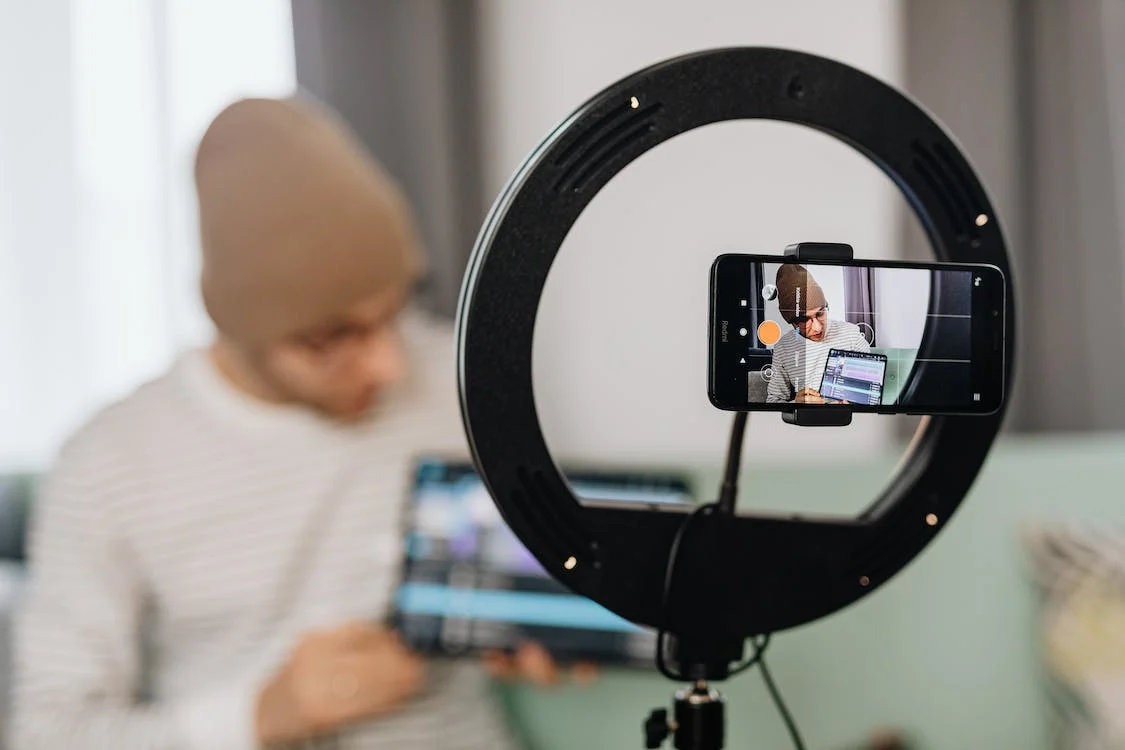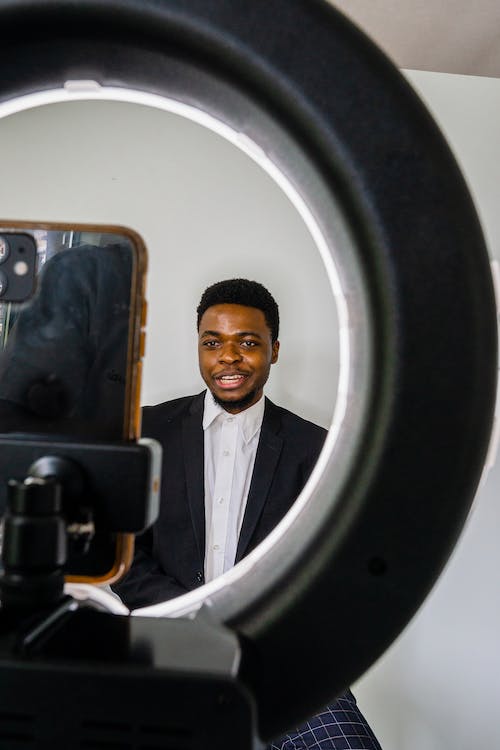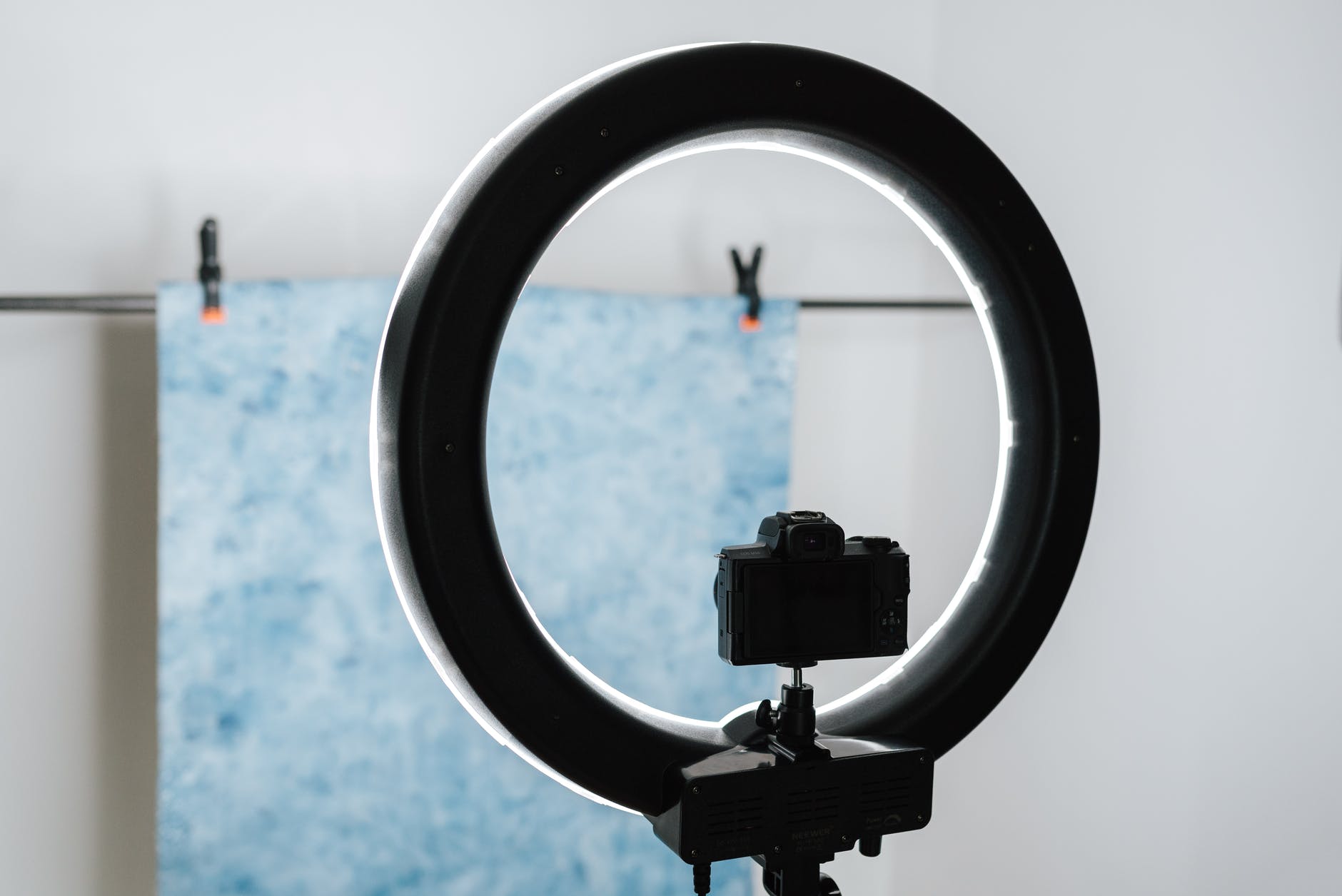5 Essential Items You Need for Self-Tapes
Make sure you have the proper equipment for your self-tape studio
(By Tonya Tannenbaum)
 (Photo: Karolina Grabowska | Pexels)
(Photo: Karolina Grabowska | Pexels)
What equipment do you need for self-tapes? Do you have everything you need to compete with other actors?
Self-tape auditions used to be an occasional aspect of the audition process, for most actors. Then, Covid-19 hit. Today, self-taping is a normal way of life.
RELATED: 3 Hidden Advantages to Self-Tapes
It’s imperative for actors to not only be good actors. You must also be good at the production of the video that will showcase your acting talent. To do so, you will need the proper equipment.
Here are 5 essential items to get you started:
#1 : Cellphone
The most important item is, of course, your camera. The good news is that you don’t necessarily need an expensive one. Smart phones have come a long way in their ability to shoot quality videos.
With a good smartphone, you’ll have all you need to get started.
#2: Ring Light

(Photo: PNW Production | pexels)
Lighting is essential to your self-tape. If a casting director cannot properly see you, how can they properly evaluate your performance. You simply MUST have good lightning.
If you really want to go big, you can use a three-point softbox set up. But if you’re just getting started, you can go with a standard ring light.
#3: Tripod
If you purchase a ring light, it will likely come with a tripod. Otherwise, you’ll have to get a tripod separately.
A great value would be to purchase an inexpensive ring light package on Amazon, complete with an adjustable tripod and cellphone mount.
#4: Blue or grey bedsheet
 (Photo: Anete Lusina | Pexels)
(Photo: Anete Lusina | Pexels)
The best backdrop is a blank wall painted in a solid color. If you have that, you won’t have to set up your background every time you have an audition.
Otherwise, you’ll need to purchase a backdrop. For a cheaper option, try hanging a blue or grey, wrinkle-free sheet to use as your backdrop.
#5: Remote control and microphone
A bluetooth remote control is a great addition to your self-tape toolkit. You can sync it with your cellphone and use it to cut the camera after a take. Instead of breaking character to physically stop the camera yourself, you can remain in character and simply press a button to stop the camera.
A microphone can also be a helpful item to have to improve the sound quality of your self-tape. They are inexpensive but can be highly valuable.
As you develop your studio, your equipment can become more elaborate. But for now, these 5 items can get you started producing high quality self-tapes.
You Might Also Like:
3 Hidden Advantages to Self-Taping



